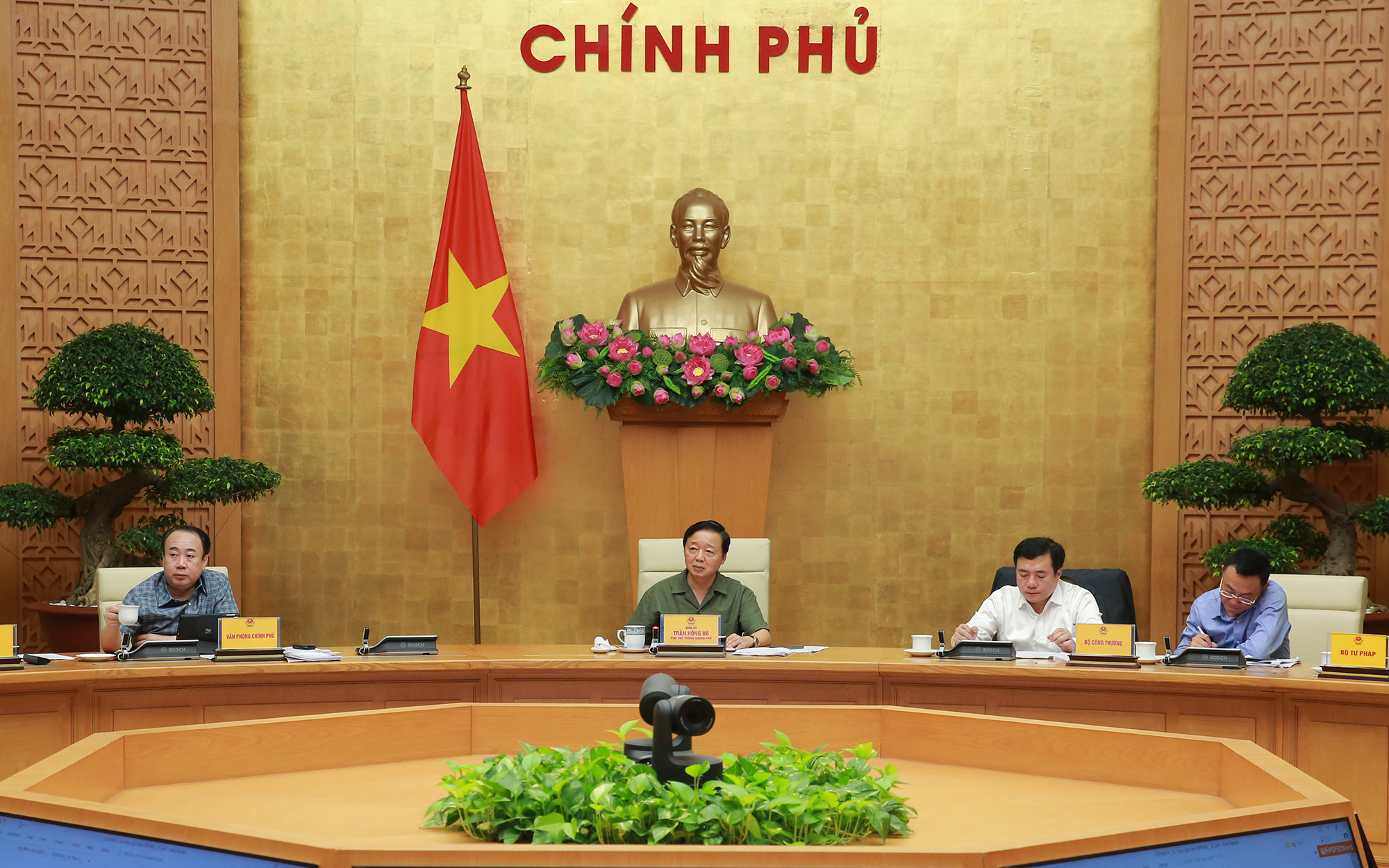According to the report of the Electricity Regulatory Authority, Ministry of Industry and Trade (MOIT), the draft Decree consists of 5 chapters, 30 articles, and 5 appendices, regulating a number of main contents such as DPPA via private connection lines or over the national grid; implementation procedures and reporting regime, etc.
MOIT has reviewed and reported on the reception, explanation, and revision of the draft Decree related to no capacity limit with renewable energy generators conducting DPPA via private connection lines; supplement of electricity retailers in industrial zones and clusters authorized by large customers to sign power purchase agreements (PPA) with Power Corporations, sign long-term PPAs with renewable energy generators; supplement biomass power sources and solar power systems as one of renewable energy types.
In addition, the draft Decree clarifies that large customers conduct DPPA via private connection lines, including but not limited to manufacturing customers; cases of DPPA from RSP in industrial zones and clusters for regular customers (except for large customers); adjust the authority to stop participation in the DPPA mechanism toward the decision of MOIT; simplify procedures to encourage business participation...
The Deputy Prime Minister required MOIT to clarify the responsibility of the Power sector in ensuring system safety in providing transmission services via the national grid between direct renewable electricity sellers and buyers; monitor, update, and provide accurate data on transmission capacity, regional load, and adjust renewable energy development planning. However, cases of off-grid DPPA do not need to be included in the planning.
In addition, the draft Decree needs to encourage businesses to invest in power storage equipment at solar power plants and farms to become a base power source mobilized at peak hour tariffs; form a database, identify, and announce the consumed renewable power output by each customer, as a basis for the Ministry of Natural Resources and Environment to grant green credits to businesses; build sanctions to warn and handle violations related to DPPA such as registration, data update, connection, etc., and inspection and examination according to the post-audit mechanism.

Deputy Prime Minister Tran Hong Ha said that policy to support and encourage people to install RSP must be substantial and have clear economic efficiency
Self-consumption can still sell redundant capacity to grid
The Deputy Prime Minister required MOIT to study the financial encourage support plan (taxes, interest rates, installation costs, etc.) for people to install RSP plus power storage equipment to resell to EVN at the base-power tariffs mobilized during peak hours; simplify procedures; regulate the RSP installation on construction works using public investment capital; calculate technical solutions to ensure grid safety for RSP installations in industrial parks and clusters with large capacity...
"RSP must be economically effective for people to do it, thereby giving the State more power to mobilize to ensure energy security," said the Deputy Prime Minister.
Thu Hường dịch
Share